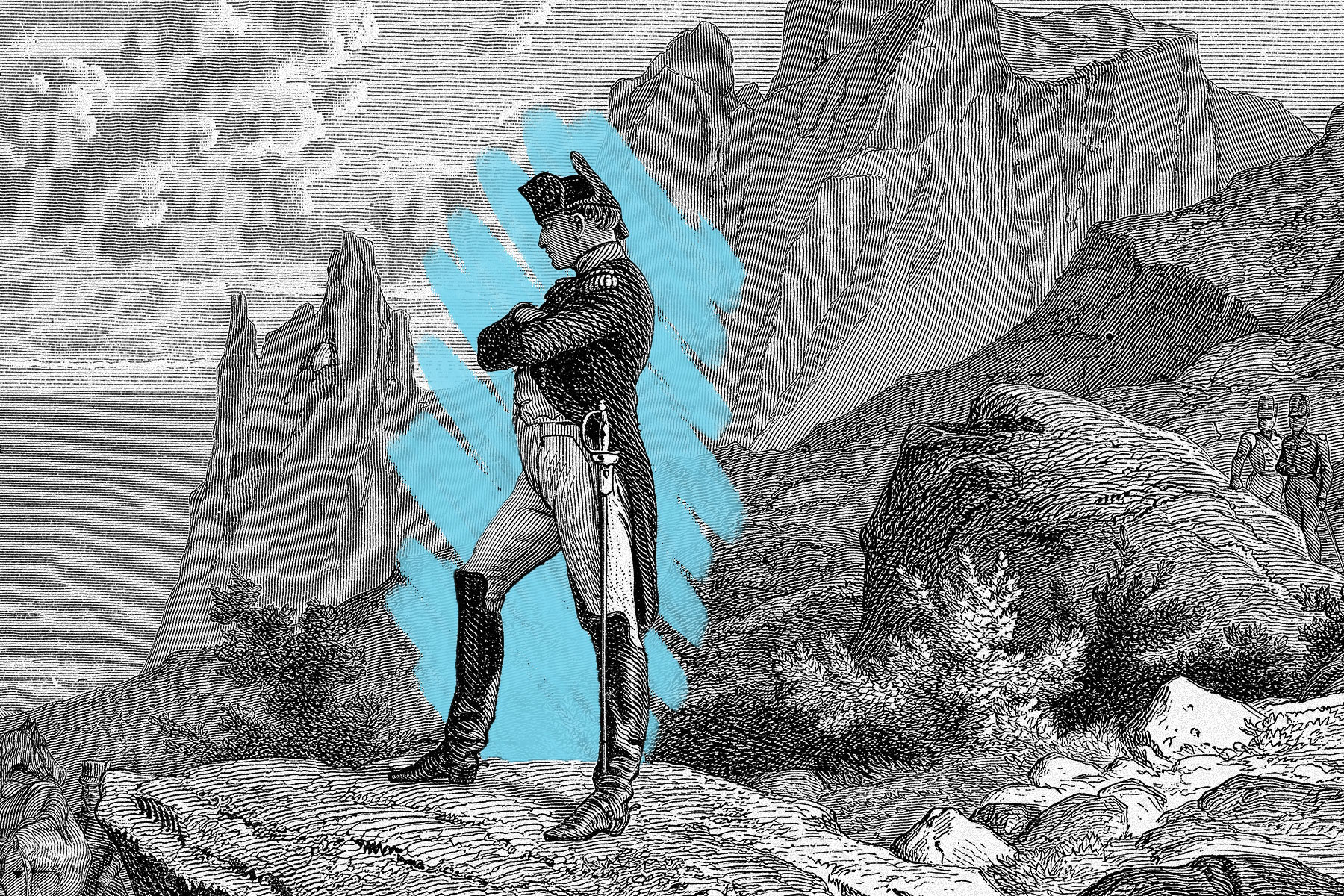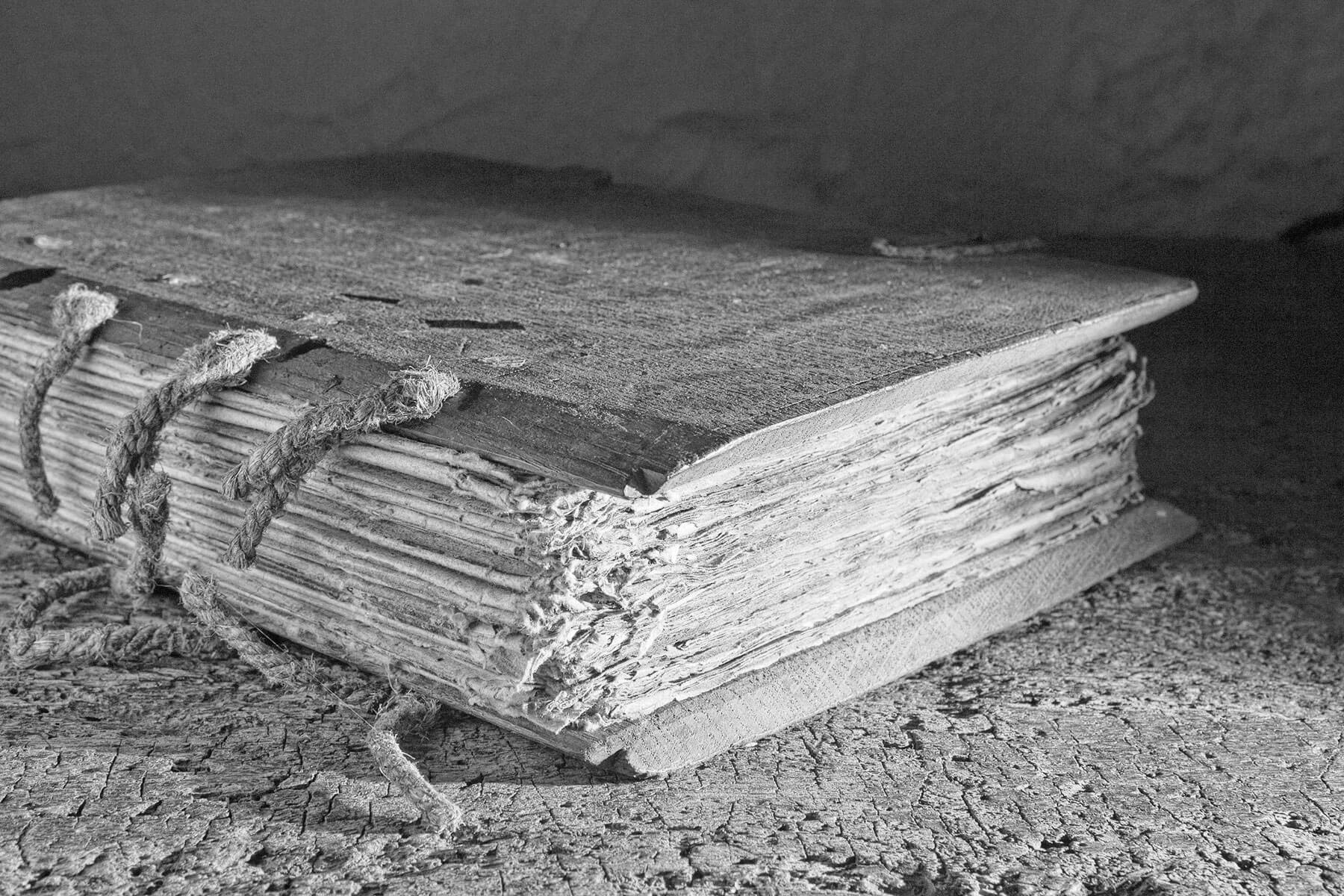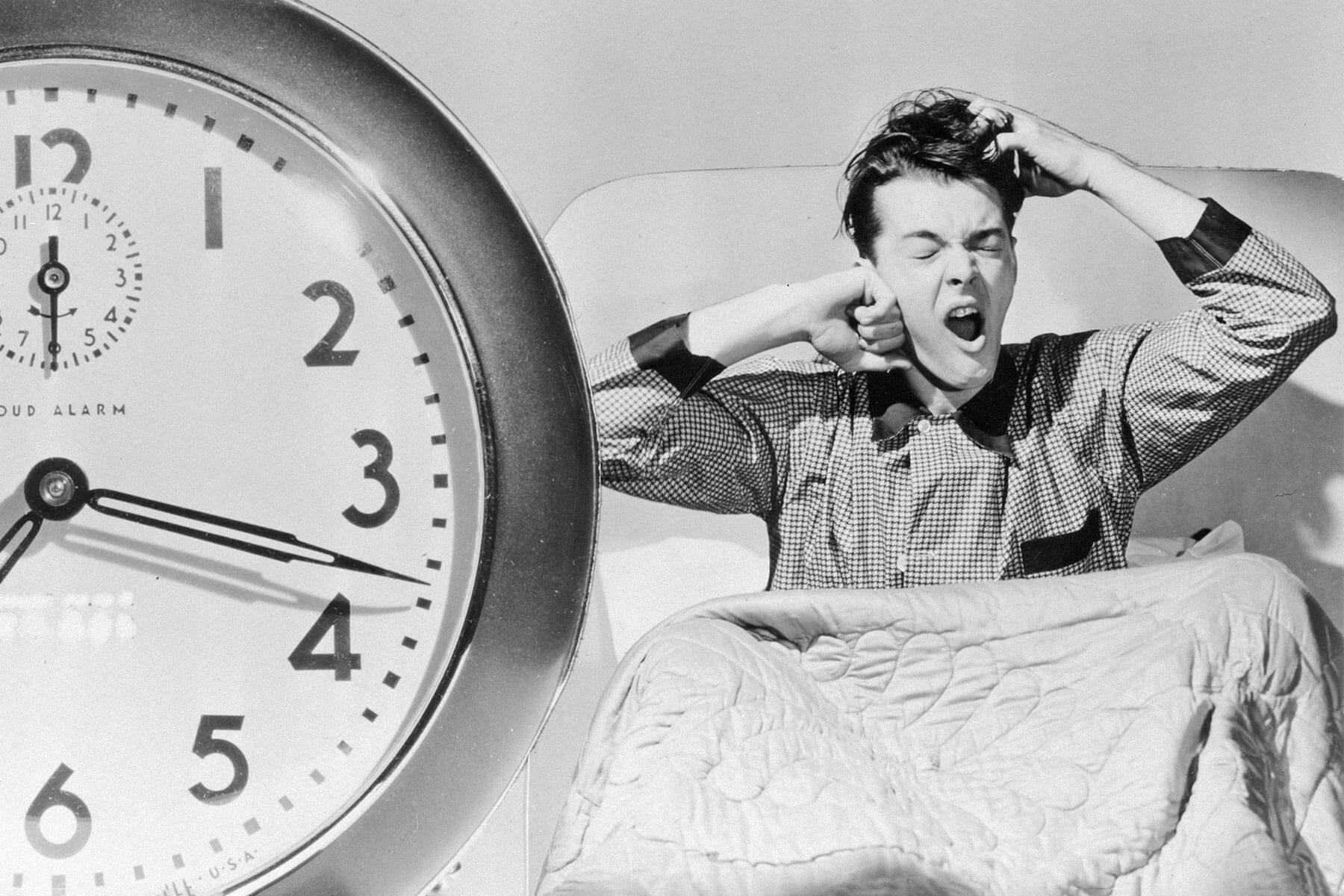Despite having an unfortunate complex named after him, Napoleon Bonaparte was of average height for his time. |
| |
| |
|
 |
|
| D espite having an unfortunate complex named after him, Napoleon Bonaparte was of average height for his time. Some of the confusion about his stature stems from the nickname "le petit caporal," which makes him sound "little" but was actually a term of endearment among his troops. There's also the fact that inches were measured differently in 19th-century France than they are today. Back then, an inch was equivalent to 2.71 centimeters, whereas the current measurement is 2.54 centimeters. That explains why Napoleon was reported as being 5 feet, 2 inches tall when he died. Most estimates put him closer to 5 feet, 6 inches or 5 feet, 7 inches by today's measurements — not exactly a towering figure, but average or slightly above average by 18th-century standards. |
|
|
| Little else about Napoleon's life was average. A descendant of Italian nobility born on the island of Corsica, where his first language was not French but the local dialect, he came to be feared and respected in equal measure as the world's foremost military strategist, and ascended to emperor of the French by the time he was 34 years old. He has been described as "the most competent human being who ever lived," and his legacy remains complex to this day — especially in France, where his height is mentioned less often than his massive influence on reshaping the country. |
|
 |  |
|
|
 |
|
| |
|
| Pages in Clisson et Eugénie, the romance novella Napoleon wrote when he was 26 | | | 17 |
| | | Height of Charles de Gaulle, president of France from 1959 to 1969 | | | 6'5" |
| | | Height of Charles de Gaulle, president of France from 1959 to 1969 | | | 6'5" |
|
|
|
| Napoleon's age when he began learning French | | | 7 |
| | | Length (in minutes) of the director's cut of Ridley Scott's upcoming Napoleon | | | 270 |
| | | Length (in minutes) of the director's cut of Ridley Scott's upcoming Napoleon | | | 270 |
|
|
|
 |
|
 | | Did you know? |
|
|
No one's sure how Napoleon died. |
|
| Though it's synonymous with his downfall, Napoleon didn't die during the Battle of Waterloo. After abdicating the throne in the wake of his defeat and surrendering to the British on July 15, 1815, Napoleon spent six years in exile on the island of Saint Helena before dying on May 5, 1821. More than two centuries later, the circumstances of his passing are still debated. He was treated harshly by the British, and wrote, "I die before my time, murdered by the English oligarchy and its assassin," just three weeks before his death. This has led some to believe he was poisoned, a suspicion bolstered by the fact that locks of his hair tested positive for arsenic in 1961, though researchers have chalked that up to the then-common practice of using arsenic for preservation or traces of hair powder containing arsenic. The physicians who performed his autopsy in 1821 concluded that Napoleon had died, much less suspiciously, of stomach cancer exacerbated by bleeding ulcers. This stands to reason, as he was treated with a heavy dose of calomel — a compound thought to be medicinal at the time that actually contained mercury — the day before he died. |
|


Lainnya dari















0 comments:
Post a Comment